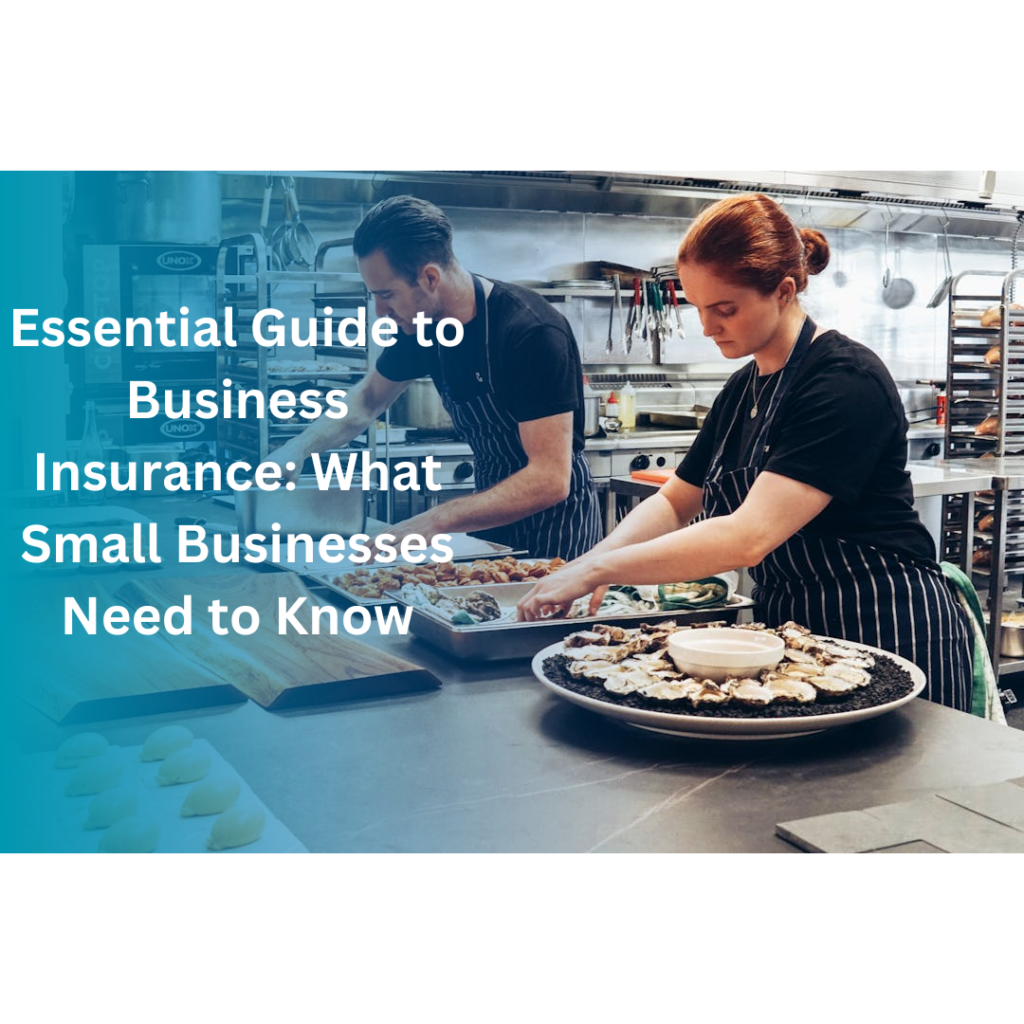
Business insurance is a key safeguard for small businesses, protecting them from a variety of risks. Whether it’s property damage, legal liabilities, or employee-related issues, the right coverage can ensure survival and continuity. Here’s how insurance protects businesses and why it’s critical, especially for certain industries.
Protection Against Financial Losses
The most significant role of insurance is shielding small businesses from financial losses. Events like fires, floods, or theft can cripple a business if there is no insurance to cover the cost of repairs or replacement. For example, a small retail store with inventory losses due to a break-in could easily go bankrupt without property insurance. On the other hand, if insured, it would receive compensation to recover the damages, allowing the business to get back on its feet quickly.
In 2019, a small business named Janey’s Pet Grooming in Texas was devastated by fire. Fortunately, they had business property insurance, which covered the replacement of equipment and allowed them to rebuild their storefront. Without this, they might not have been able to resume operations.
Legal Liability Protection
Businesses are constantly exposed to legal risks. For instance, if a customer slips and falls in your store, you could face a costly lawsuit. Liability insurance protects against these claims, covering legal fees, settlements, or damages. Without this, a small business could go bankrupt just from the legal costs.
For professions like healthcare, consultancy, or construction, specialized liability insurance (like malpractice insurance or errors and omissions insurance) is even more critical. These industries are exposed to a higher risk of lawsuits due to the nature of their services.
Industry-Specific Risks and Insurance Needs
Certain industries face higher risks than others, making insurance even more essential:
- Construction Companies: High risk of accidents, equipment damage, and employee injuries make liability, workers’ compensation, and property insurance critical.
- Restaurants and Retail: These businesses face risks like customer injuries, food contamination, theft, or equipment damage. Business interruption and liability insurance can protect against these.
- Technology Firms: Cyber liability insurance is increasingly crucial as businesses store sensitive customer data, which could be compromised in a cyberattack.
- Healthcare: Medical professionals face malpractice claims, which can be expensive without insurance protection.
- Transportation and Logistics: This industry depends on commercial vehicle insurance to cover accidents and damage to cargo or fleet.
What Happens Without Insurance?
When small businesses don’t invest in insurance, the consequences can be disastrous:
Bankruptcy: A lawsuit, natural disaster, or equipment breakdown can lead to bankruptcy if businesses don’t have coverage. For instance, a local bakery without insurance could lose everything if a kitchen fire destroyed their equipment and inventory.
Legal Liabilities: A single lawsuit could mean thousands or even millions of dollars in legal fees. Without liability insurance, small businesses are forced to pay these costs out of pocket.
Lost Business Opportunities: Many clients and partners won’t engage with uninsured businesses, especially in industries like construction and healthcare, where proof of insurance is a prerequisite for contracts.
How Businesses Benefit from Insurance
On the flip side, businesses that are insured can recover faster from these unexpected events. Insurance policies like business interruption insurance compensate for lost income when operations are halted, covering ongoing expenses like rent and payroll, allowing the business to continue paying bills even when revenue is impacted.
For example, after the 2020 wildfires in California, businesses with interruption insurance were able to recover lost revenue while their operations were down, while those without it struggled to pay their employees and rent.
Another real-life example is Tony’s Coffee House in Seattle, which was covered under a comprehensive insurance policy. After a major flood in their neighborhood damaged their storefront, their insurance covered the cost of repairs, allowing them to reopen within weeks. Businesses without similar coverage often take months—or even permanently shut down—due to similar disasters.
Conclusion: An Investment in Business Stability
Investing in insurance is more than just fulfilling a legal obligation—it’s about ensuring your business can survive and thrive even in challenging times. Comprehensive coverage helps small businesses manage risks, protect their employees, and recover from unexpected losses. Without it, the future of a business could be uncertain.

If you’re looking for personal or business insurance anywhere in the USA, UK, or Europe, including fire protection, contact Abdul, a Business Development Manager at Acrisure, at 916-778-5979. Abdul can assist with both business and personal insurance needs, such as home, auto, or life insurance.
